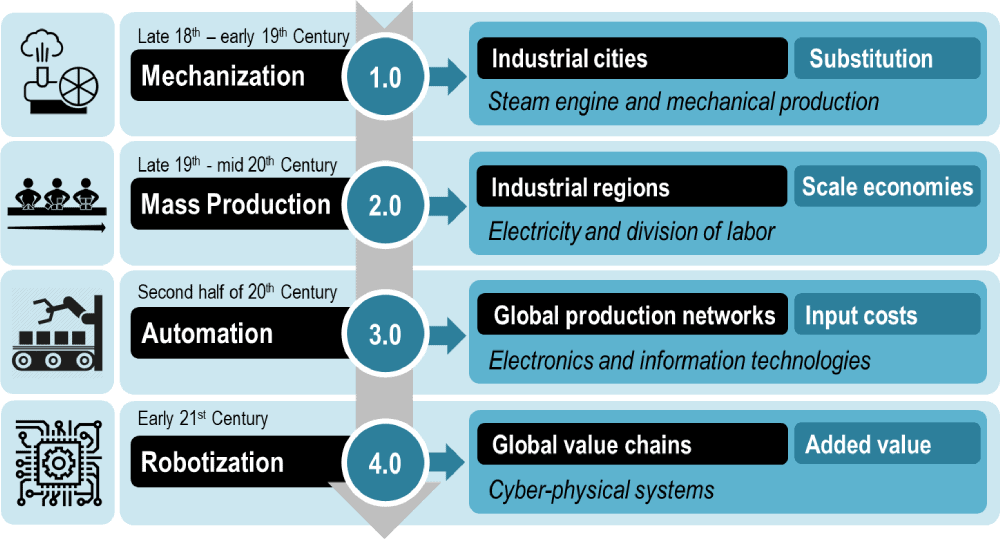 | |
|
Introduction:
E-Business can be defined as the use of internet technologies
to internet work and empower business processes, e-commerce, enterprise
communication and collaboration within a company and with its customers,
suppliers and other business stakeholders.
These days businesses are using electronic medium to
distribute information and provide customer support. These activities are not
termed as "commerce" activities. Thus, e-business includes e-commerce
along with other applications such as:
- Re-engineer internal business processes.
- Implement e-commerce system with their customers and suppliers.
- Promote enterprise collaboration among business teams and work groups.
The business enterprises are often their activities according
to the socio-culture and legal rights. Sometimes customers are still somewhat
fearful of sending their personal information over the internet such as sending credit and debit
card numbers, etc. Moreover, many customers are simply resistant to change and
are uncomfortable viewing merchandise on a computer screen rather than in
person. The legal environment in which e-commerce is conducted is full of
unclear and conflicting laws. The following presentation explains well about the cultural
and legal impediments :
 | |
|
Figure is showing increment in China and U.S.
Infrastructural barriers :
The specific infrastructural barriers hindering the
adoption of e-commerce in developing countries. Some of the barrier include
lack of credit cards and convenient payment means, poor distribution logistics,
imperfect legal system, security and lack of large scale telecommunication
transmission capability, etc.
Connections :
The internet connection in the most developing
countries is unreliable because of poor telephone communication and the erratic
power supply. The majority of developing countries ate not ready for e-commerce
, because of their lack of network infrastructure especially among individual
users an entrepreneurs.
Socio-culture barriers :
Most culture in developing countries do no support e- commerce
and the conditions are not ripe because of lack of confidence in technology and
online culture. The social and cultural characteristics of most developing
countries an the concepts associated with online transaction pose a much greater
challange and act as a major barrier ti adoption and diffusion of e-commerce.
Socio-economic barriers :
Developing countries need to address a number of socio-economic
and regulatory barriers before they and participate in the electronic commerce.
It may include economic conditions, educational system, payment system for
enabling transfer of funds, etc.
Political and Governmental barriers :
The poor state of most developing countries
telecommunication infrastructure is the major barriers hindering the adoption of
e-commerce. When the government changes the policies and procedures of the
country's economy as a whole and this change may affect individuals of the
economy also.
 | |
|
Conclusion
The internet is
not yet a universally accessible resource in developing countries. Most
countries lack the necessary policies and infrastructure that would enable
widespread usage of the internet. In spite of the fact that the necessary
conditions for supporting internet usage ate not in place in mos developing
countries. The internet has enormous potential as a tool for development.
very informative, nice write up.
ReplyDeleteInformative Post
ReplyDeletethanks for share!
ReplyDeleteNice content...
ReplyDeleteNice
ReplyDeleteInformative content
ReplyDeleteBahut badiya
ReplyDeleteVery informative, Nice
ReplyDeleteNice
ReplyDeleteGreat
ReplyDelete